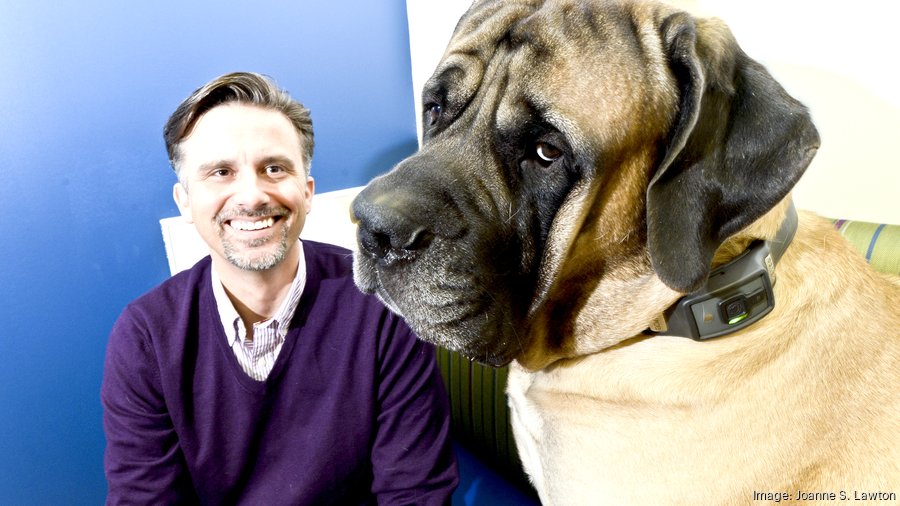You can forget how much you spent on your beloved pet this year. A new economic analysis from George Mason University researchers suggests you should be thanking your furry companion for improving your health — and for cutting back on health care costs.
Conducted for the Human Animal Bond Research Initiative Foundation, the analysis found an $11.7 billion savings annually in U.S. health care costs as a result of pet ownership. (It should be noted, the foundation was founded by some very pro-pet stakeholders: retailer Petco, animal-medicine giant Zoetis and the American Pet Products Association.)
The researchers attribute the savings to a number of factors, such as fewer physician office visits by pet owners compared to non-owners. Researchers said they found the 132.8 million pet owners in the U.S. visit a doctor 0.6 times less than the average non-pet owner, adding up to the savings of $11.37 billion in U.S. health care costs.
Dog owners who walk their dog five or more times a week, a group of about 20 million people, had a lower incidence of obesity. The reduction in health care costs associated with a lower incidence rate of obesity among U.S. dog owners is more than $419 million per year, according to the report.
Study co-author Terry Clower, director of GMU's Center on Regional Analysis (who, incidentally, has two dogs of his own), said the study is a conservative estimate of the real impact of pet ownership. There are numerous studies about positive impacts of pet ownership that don't have quantifiable data that could be used for this analysis, he said. "What we didn’t calculate is how much better you feel, [when] you come home after a tough day at the office and your pet is waiting for you. But there’s value to that," Clower said.



